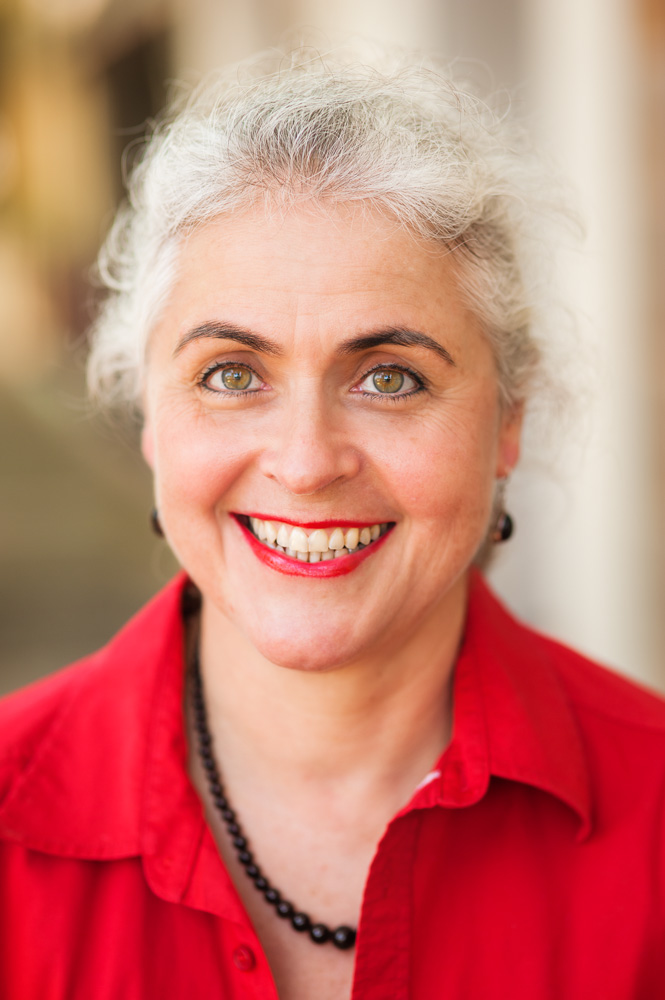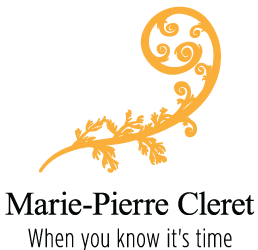Meet Marie-Pierre
I have a Masters’ degree in Social Work (UNSW), a Graduate Diploma in Couple and Family Therapy (UNSW), a Bachelor of Social Work degree (Hons 1, UNSW), as well as qualifications in the following:
- Accredited Mental Health Social Worker (Provider No: 4095823F)
- Certified Sensorimotor Psychotherapist
- Advanced Gestalt counselling certificate
- Certificate in Group work facilitation
- Advanced training in Ericksonian Clinical Hypnotherapy
- Master Practitioner in NLP (Neuro- Linguistic Programming)
- Certificate in Supervision
- Certified Somatic Experiencing Psychotherapist
- Level 3 Deep Brain Reprocessing
- Level 4 Neuro Affective Touch Practitioner
- Level 3 Somatic Resilience and Regulation
I am passionate about helping others  with their life challenges as well as working through my own. I have worked in the public sector as a social worker and counsellor working with people dealing with serious mental health issues and trauma, veterans and their families, acute admissions psychiatric patients and victims of adult and childhood sexual assault.
with their life challenges as well as working through my own. I have worked in the public sector as a social worker and counsellor working with people dealing with serious mental health issues and trauma, veterans and their families, acute admissions psychiatric patients and victims of adult and childhood sexual assault.
I am thoroughly committed to professional training and personal development and I have explored a range of approaches to therapy. I use these in my work as a solo practitioner. These approaches include Interpersonal Therapy, Cognitive Behaviour Therapy, Gestalt Therapy, Hypnosis, Group Therapy, Process Oriented Psychology, Somatic Psychotherapy, Sensorimotor Psychotherapy, and EMDR. In addition to having a Masters’ Degree in Social Work specialising in Couple and Family Therapy, I have also pursued training in working with couples from a number of different perspectives in order to work with a broad range of relationship issues. I have trained with and incorporate ideas about relationships from the work of John Gottman, Stan Tatkin, Ellyn Bader, and David Wallin.
I incorporate ‘energy therapies’ which have their base in using Traditional Chinese Medicine principles as part of helping people regulate emotions and troublesome thoughts. These include ‘tapping’ such as Emotional Freedom Technique (EFT), TAT (Tapas Acupressure Technique) , BSFF (Be Set Free Fast) and SET (Simple Energy Techniques), and Mindfulness Based Stress Reduction (MBSR). I also teach Havening as part of my work in teaching emotional regulation, a crucial skill if one is to tackle the complexities and vicissitudes of a human life as well as possible. I have a long standing interest in meditation and natural therapies.
Having worked in the field for over 40 years and trained in a variety of approaches in how to work with people and their issues, I have become increasingly convinced that any approach to psychotherapy must acknowledge, attend to and incorporate the person’s body, whether they’re coming to therapy as an individual or attending as a couple for relationship work.
My own clinical observation, referred to by Scott Miller as practise-based evidence, is increasingly supported by a growing body of research now available which increasingly describes the unarguable fact that we cannot just address the mental and emotional experiences that people bring to our offices with talk therapy. The mind/body/ spirit connection that has been known about, documented and worked with in the healing arts of many cultures to this day such as shamanism, homoeopathy/ naturopathy, ayurvedic medicine and traditional Chinese medicine has been confirmed in modern neuroscience and brain research conducted over the last twenty years.
Every day, this mind/body/spirit connection presents itself in our offices and in our relationships with our clients, and it requires us to pay attention to the fact we are embodied beings. We have bodies and nervous systems, and we experience ourselves, the world, others and relationships via those bodies and their senses. To that end, therapeutic models that are solely based on ideas, words, and left brain thinking and do not attend to body processes that show up as a therapeutic conversation unfolds moment to moment miss a tremendous amount of critical and useful information. In doing so, the body/ mind’s own innate healing capacities can be, at the very, least under-utilised, ignored, or wrongly interpreted. At worse, the body/ mind’s suffering continues unabated or is worsened.
So, as I get older, I am orienting myself increasingly to learn about therapeutic approaches that teach me to learn to work with the language of the body, respect it, and learn as many different ways as I can to communicate with it, and include its message in my clinical work with individuals and couples. In a world that increasingly encourages us to live in a disembodied way, I am increasingly convinced of the urgent need for all of us to heal our ambivalent relationship to our embodiment as human beings. I see this is both a need in order to heal individual and relationship suffering, as well as a requirement if we are to heal our planet’s suffering.
As a first generation French/Australian migrant, I have a particular interest in working with cross-cultural issues and I am a fluent French speaker. As a first generation migrant, I am very aware of the particular challenges that go with settling into a culture that is vastly different to one’s own native country. I am aware of the challenges, opportunities and losses that come with the experience of migration, and know them to be identity and life defining. In my own experience and observation, I see that the journey every family and individual took to come to this country will have a lasting effect, of which we are not always consciously aware. I understand the effect of cultural relocation to be even greater if one has been forced to come to another country for political or economic refugee reasons.
I am a member of the Australian Association of Social Workers and I am bound by its code of ethics. I am also under the direct oversight of the Health Care Complaints Commission as are all health related practitioners and am bound to abide by its code of conduct.

